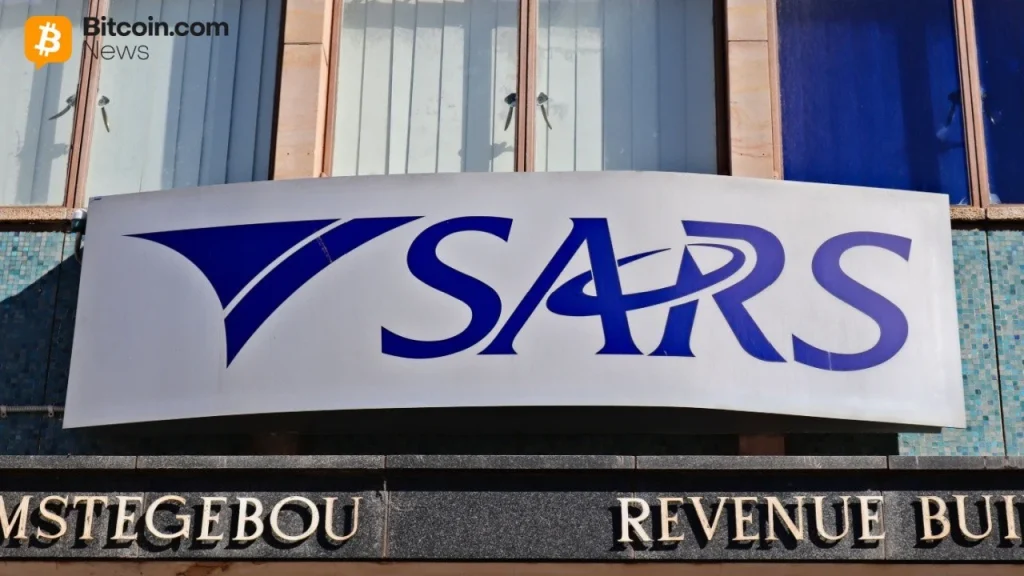South Africa’s takeover panel has mandated French media giant Groupe Canal+ SA to immediately extend a mandatory offer to acquire additional shares of pay-TV company MultiChoice, following Canal Plus’ attempt to purchase the remaining stake in the company.
Despite Canal Plus already being the largest shareholder with a 35.01% stake, surpassing the 35% threshold triggering the mandatory offer, MultiChoice’s board rejected Canal Plus’ initial bid of 105 rand per share, deeming it significantly undervalued.
According to the Takeover Regulations Panel (TRP) in its ruling: “Canal+ must take immediate action to comply with the requirements of.. the (Companies) Act and the regulations by making a mandatory offer to the remaining shareholders of MultiChoice.”
Moving forward, Canal Plus contended that it was exempted from making a mandatory offer, citing restrictions in the streaming company’s memorandum of incorporation which limit foreign companies to a maximum of 20% of the broadcaster’s voting rights.
Market impact analysis on the media sector amid Multichoice takeover drama
In the wake of the recent developments surrounding French media company Groupe Canal+ SA and South African pay-TV giant MultiChoice (MCGJ.J), the financial markets have become a focal point of attention. The mandatory offer requirement by South Africa’s takeover panel has not only triggered discussions on corporate control but has also left a mark on the stock prices of the involved entities and the broader media and entertainment sector.
The stock prices of both Canal Plus and MultiChoice have experienced fluctuations in response to the takeover. Investors are closely monitoring the impact of these events on share values and attempting to assess the potential outcomes of Canal Plus’ mandatory offer. Analysts are scrutinizing factors such as market sentiment, trading volumes, and historical price trends to gauge the market’s reaction.
Beyond the immediate players, the media and entertainment sector is experiencing a ripple effect. Investors in similar companies within the industry are likely to be cautious about potential implications for their holdings. The uncertainty surrounding MultiChoice’s future ownership structure will no doubt prompt a broader reevaluation of investment strategies within the sector.
The road ahead: Speculating on future negotiations between Canal+ and MultiChoice
Beyond a straightforward purchase offer, alternative agreements may emerge. Canal Plus and MultiChoice could explore strategic partnerships, joint ventures, or other collaborative arrangements that benefit both entities. These alternatives may provide a middle ground, addressing MultiChoice’s concerns about undervaluation while allowing Canal Plus to increase its influence.
Future negotiations will likely navigate regulatory landscapes. Both companies must strategize around regulatory requirements and approvals. Understanding the regulatory framework will be crucial in shaping the terms of any potential agreement and avoiding obstacles that may arise from antitrust or other regulatory concerns.
The ever-changing dynamics of the media and entertainment sector will likely influence negotiation strategies. Both Canal Plus and MultiChoice will need to assess market trends, consumer behaviour, and competitive forces to position themselves favourably. The outcome of negotiations may hinge on how well the companies adapt to the evolving industry landscape.
Moreover, the timeline for future negotiations is uncertain but crucial. Prompt and transparent communication between the two companies will be essential in managing expectations and avoiding unnecessary speculation. How well they communicate their intentions to stakeholders, including the public, can impact perceptions of the negotiation process













